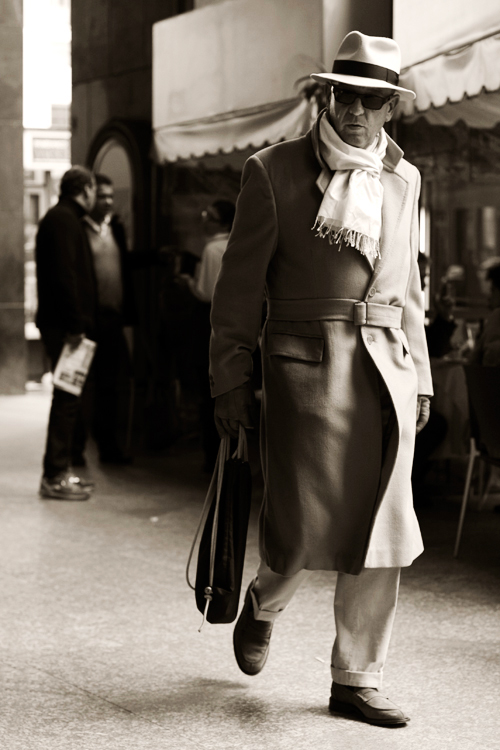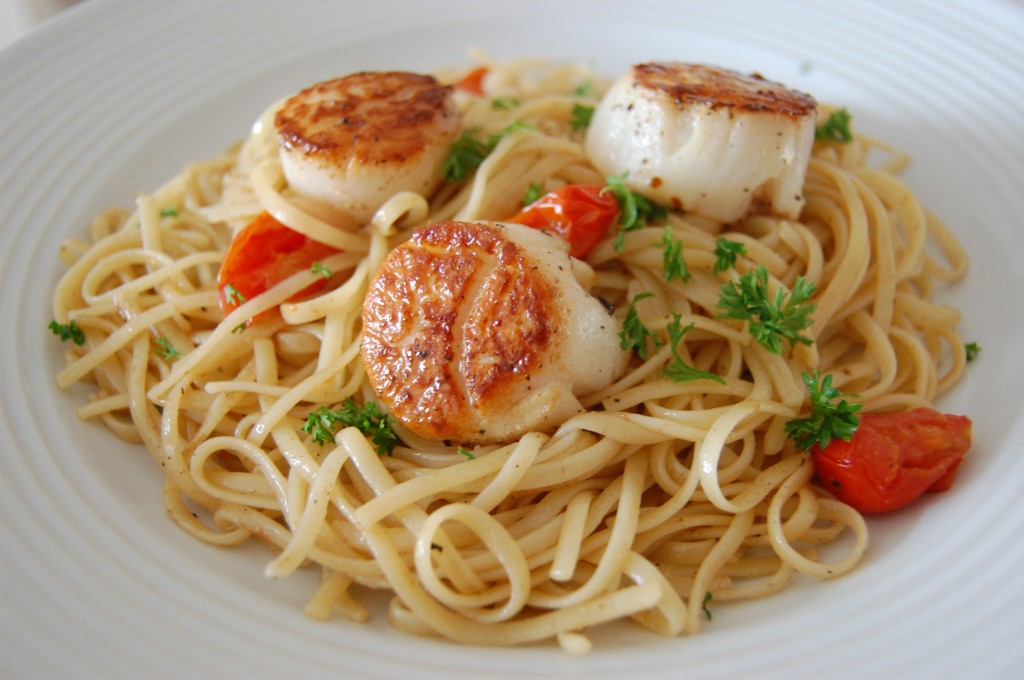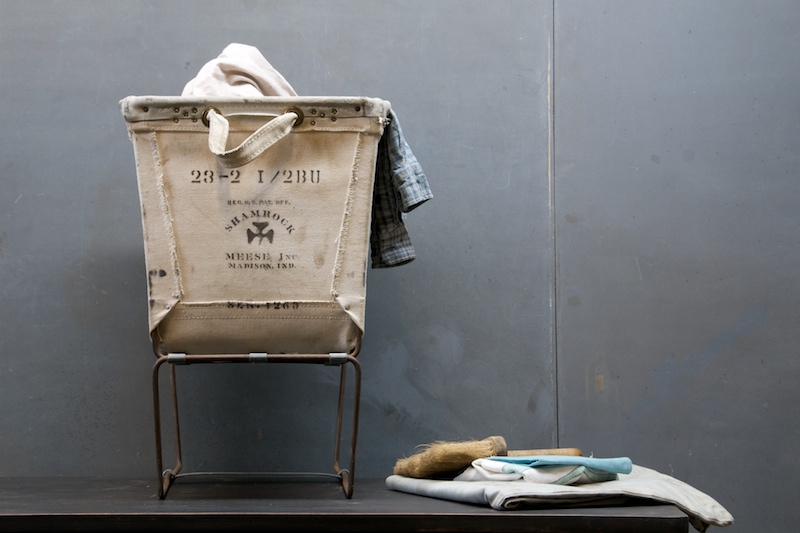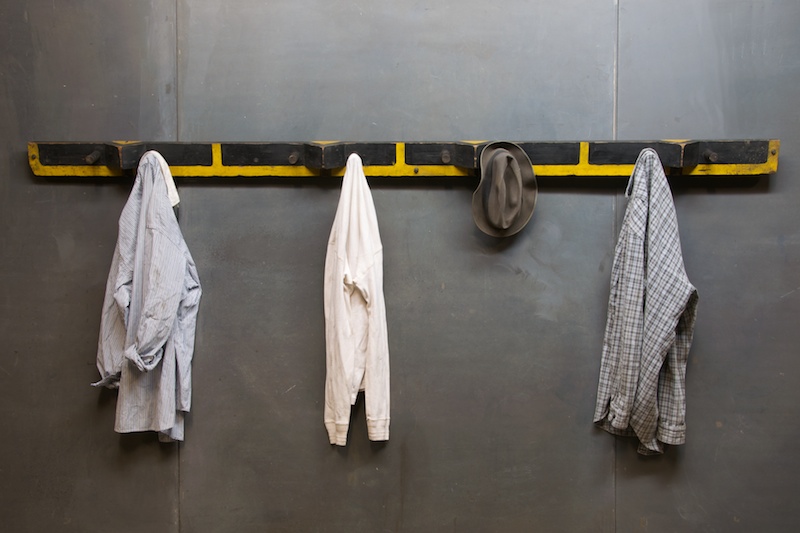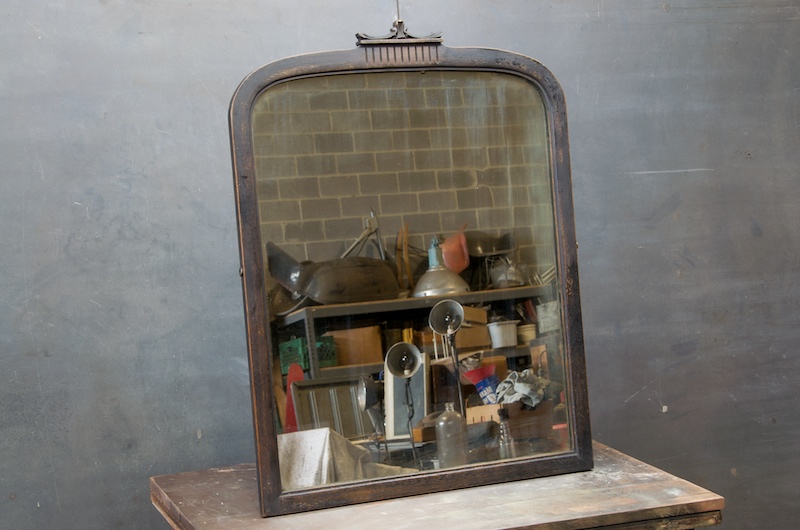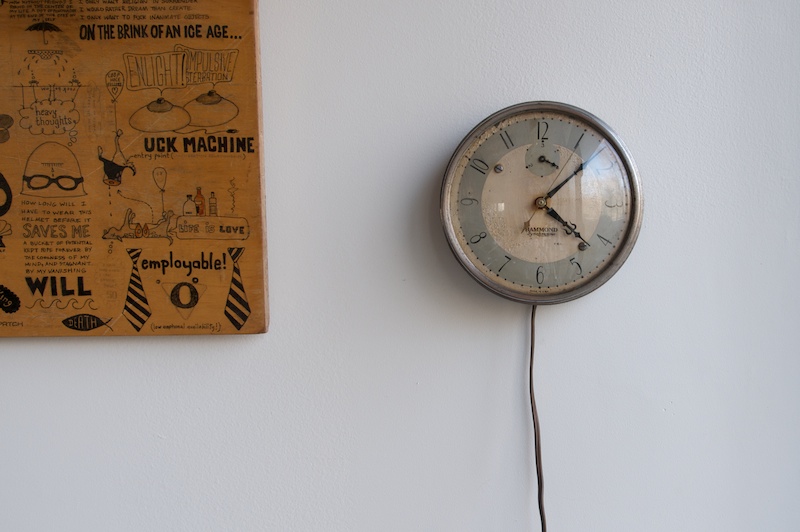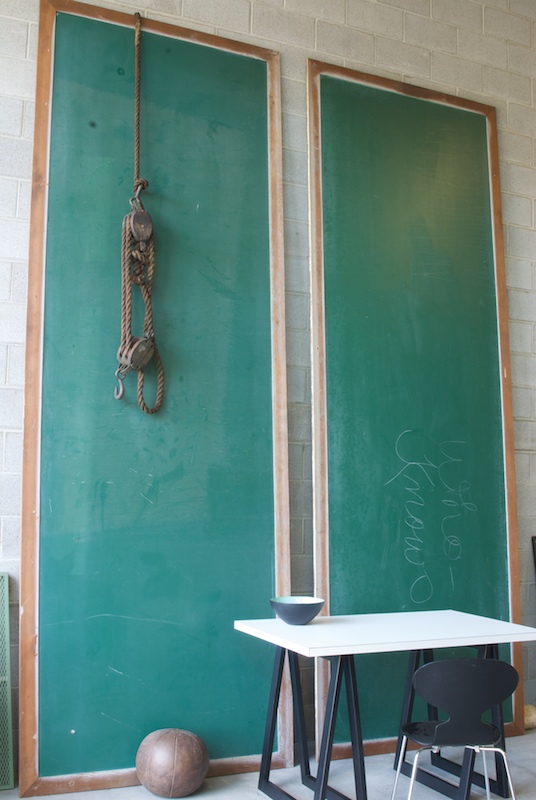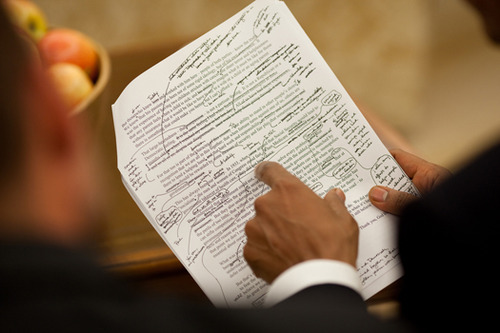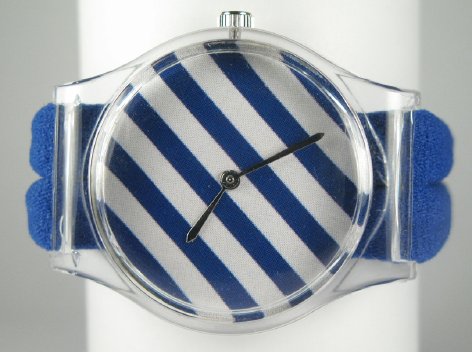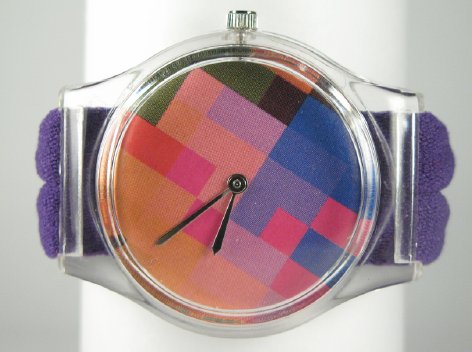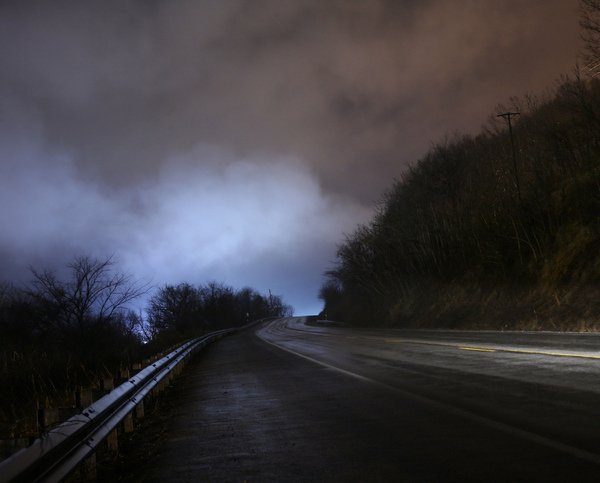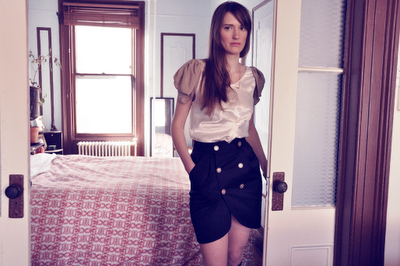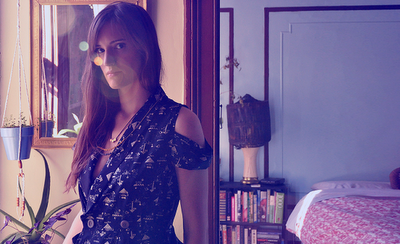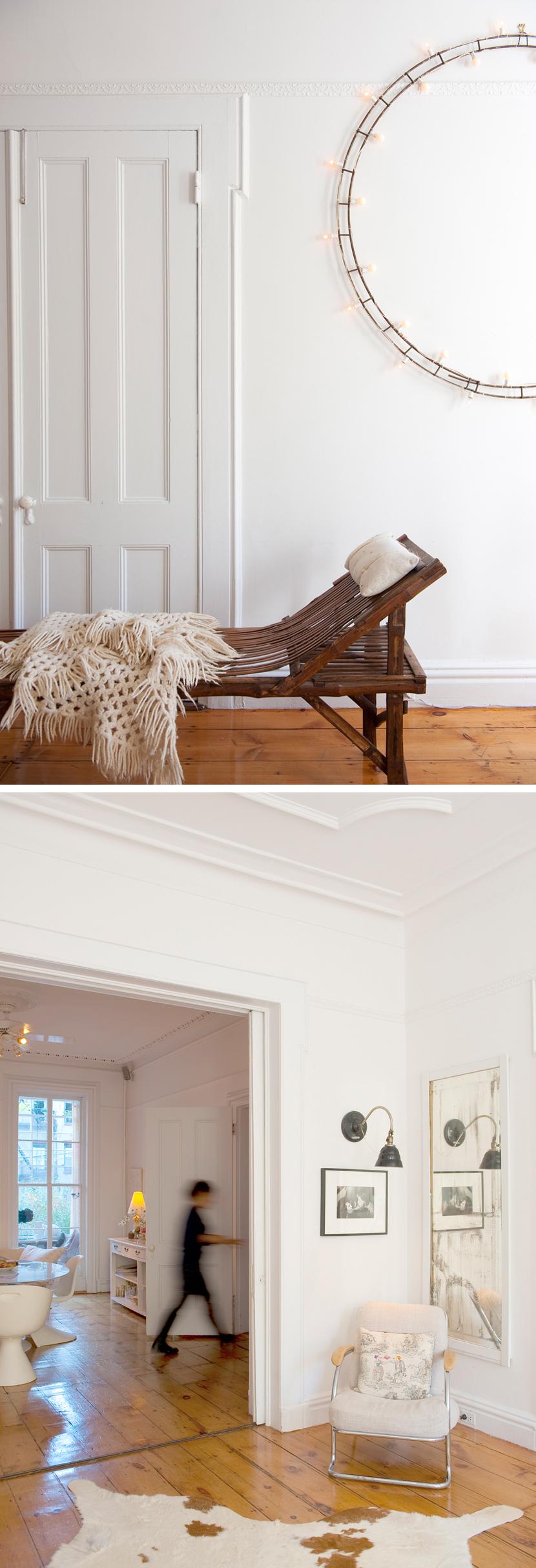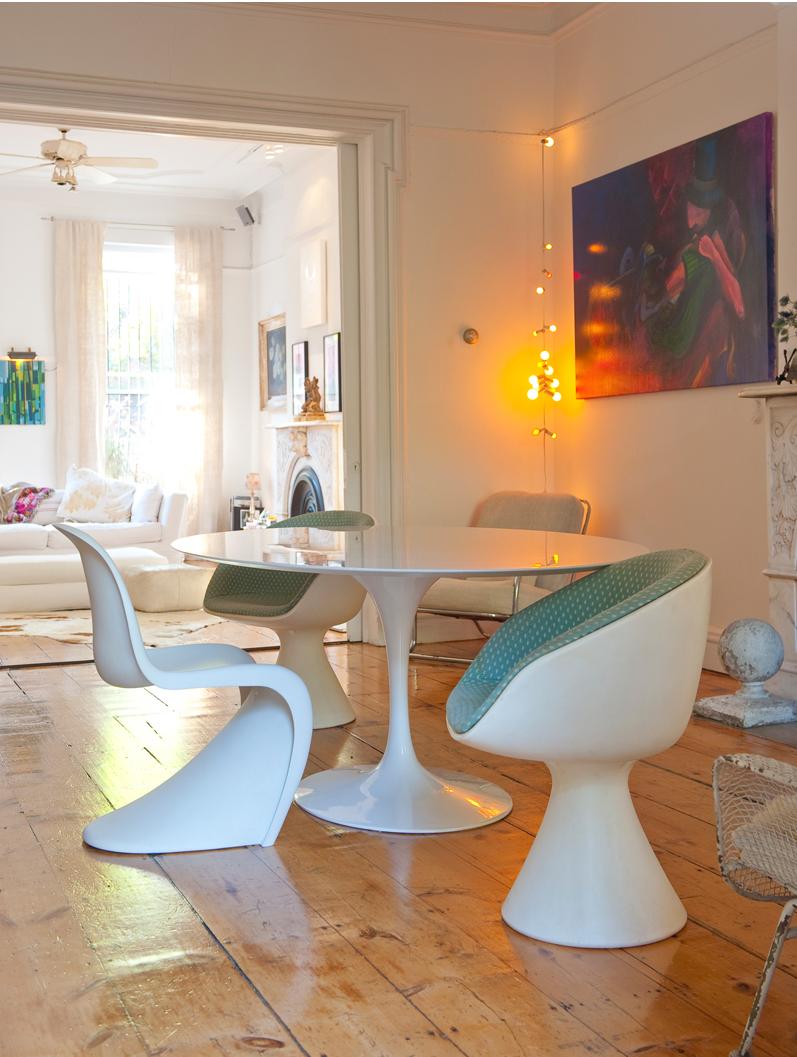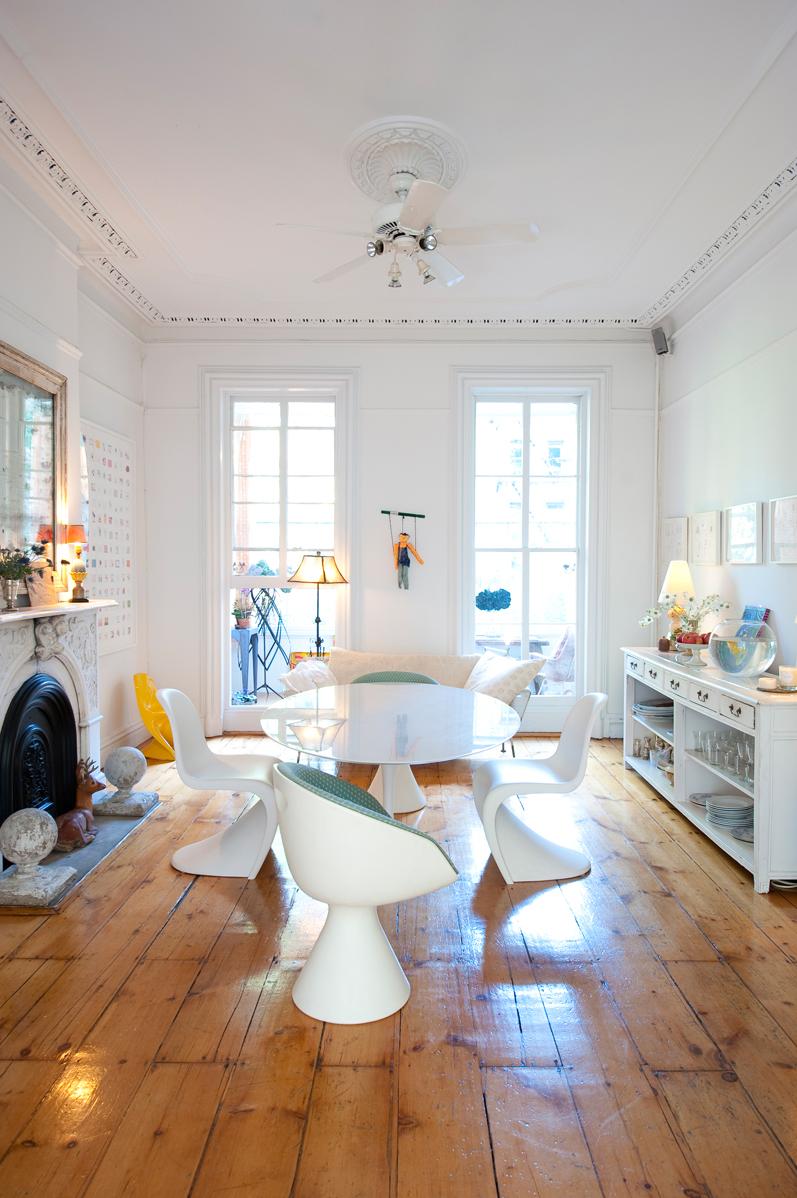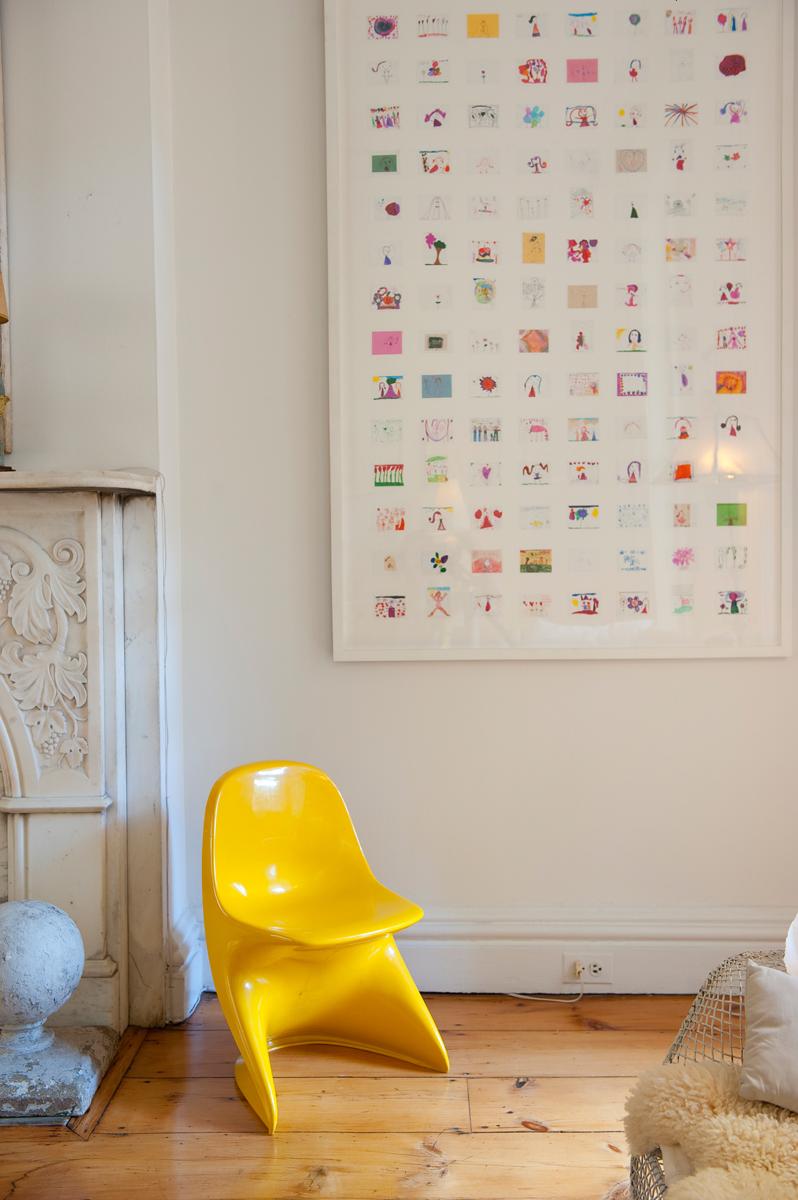“Work is the only thing which makes life endurable to me,” Charles Darwin wrote, later remarking that work was his “sole enjoyment in life.” Darwin’s work allowed him to withdraw from the world to concentrate entirely on his genius.
Burying yourself in work is so ingrained and glorified in our culture to survive, that nowhere is safe, even the previously safe haunts of creativity where the tradition of daydreaming and an idle nature were once protected rights. Such inefficiencies are now subject to intense bright-lights examination.
One ad agency describes the process they went through to obtain ISO 5000, a certification previously reserved only for factory lines and manufacturing. The process revealed some “surprising inefficiencies” but came at a price. “All the hyper-efficiency can be exhausting,” reported the Chief Creative Officer Jeff Gabel. “You’ve removed your slop factor.”
Exhaustion is now the modus operandi. As such, workaholism is not a reaction to passion, but the inefficiencies of the modern workplace.
“The fact is,” Dave Balter, founder and CEO of BzzAgent, says, “few white-collar employees work 9-5 at all anymore. We’re expected to address work issues on weeknights and often on weekends. We’re constantly reachable and it goes without saying that many are reviewed on the merits of their ‘always on’ capacity.” (via Max Kalehoff).
Most of us are working the usual 9 to 5, but also when inspiration strikes. Whereas in the industrial revolution, work was indeed done when you completed your widgets for the day, the knowledge society demands your energy when it’s seemingly most inconvenient. Right before bed and long into the night, for instance, or first thing upon opening your eyes in the morning.
There’s a credible explanation for these 9 to 5 outliers, which is that the productivity pockets are cushioned by breaks – a tweet, sleep, dinner, interaction with friends and family. Such idleness is great sustenance.
Alain de Botton, best known for his philosophies on everyday life, agrees. There’s a glorious stubbornness to human nature, he says. We need a break, we need a pause, we’re not made for continuous action. Looking out the window is a fundamental part of human nature, he argues.
“Periodic breaks relieve our conscious minds of the pressure to perform — pressure that can lock us into a single mode of thinking,” argue the authors of Creativity and the Mind, a landmark text in the psychology and neuroscience of creativity. Their research suggests that regular breaks enhance problem-solving skills significantly, Wired reports.
We’re working all the time, not because we need to, or even because it’s effective, but because our jobs require us to show up, be seen, and scrub through the afternoon slump. But the truth is, no one is working at 3 pm. That should be nap time, argues De Botton. (Interestingly, those who nap have a higher capacity to learn).
The culture of workaholism, worn with a badge of narcissistic and perfectionist pride, isn’t mixed with a lot of real work, he says. In our squeeze for uber-efficiency, we’re making a giant mess of inefficiencies.
A recent Wall Street Journal post profiled a young “superhero” who “rises at 3:30 a.m., works out before work, takes three of his four kids to school, works flat-out all day, gets home for dinner and bedtime with the family and then works until midnight.”
If you were counting, the young superhero gets a whopping three and a half hours of sleep. Disgusting.
Workaholism is sick and it’s wrenching to watch the pedestal we build for it.
We are not drones, and we should not indenture ourselves to workaholic servitude. Our rhythms, what truly brings about the bliss of efficiency, require not the constant ticking of the clock, but a restful mind, a glance in the other direction, a check mark in a box that doesn’t exist on any spreadsheet.
That is, sometimes work needs a little life.
